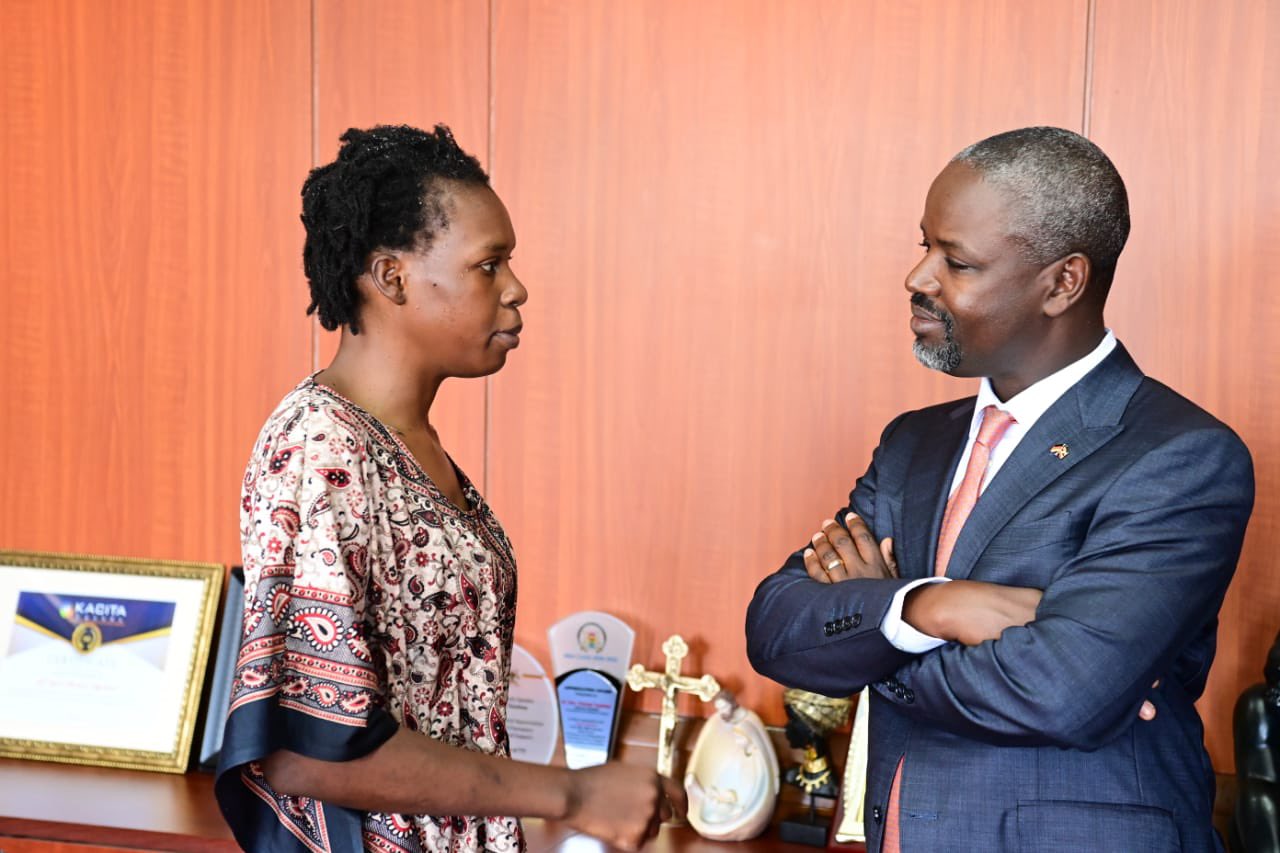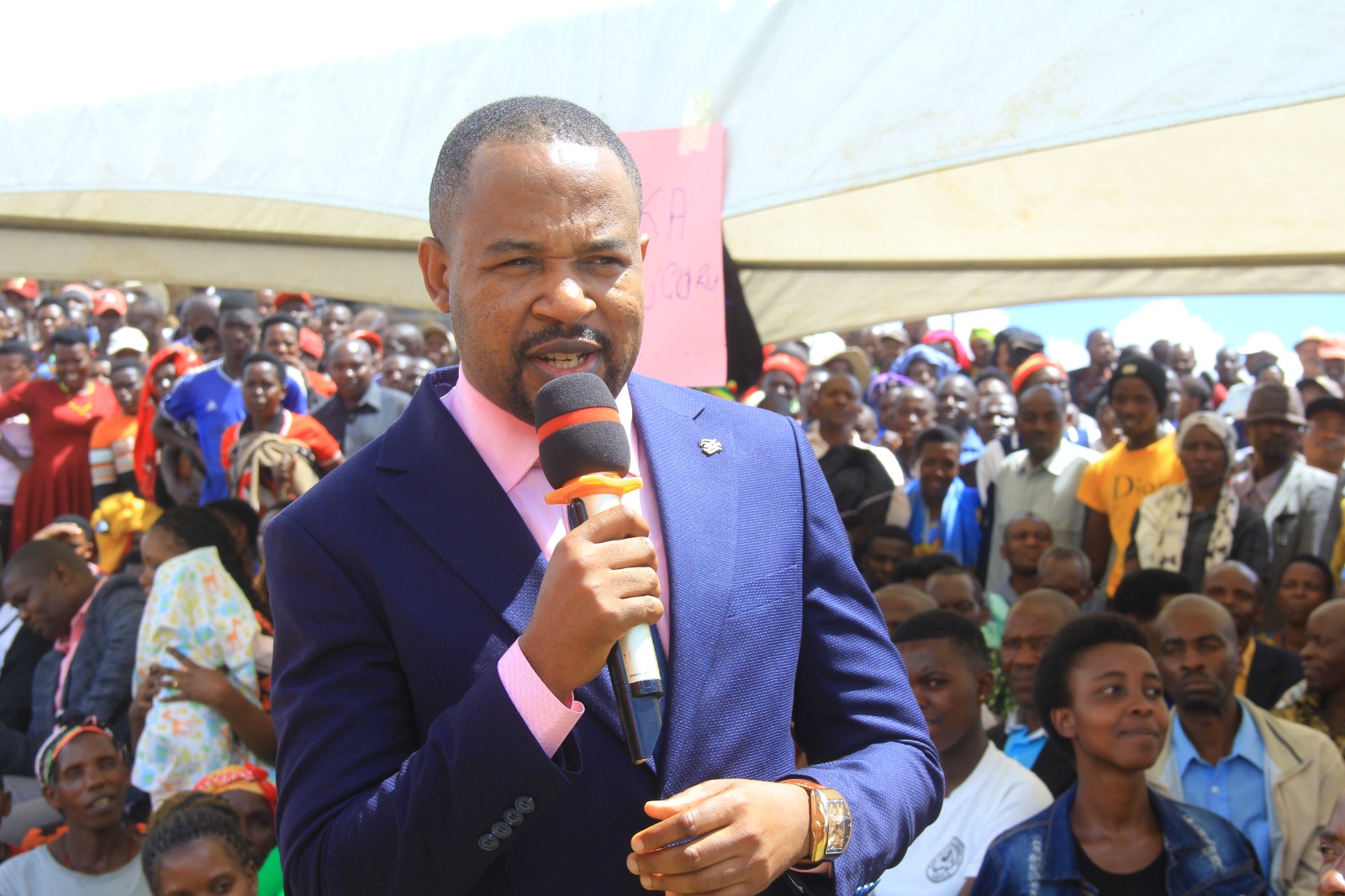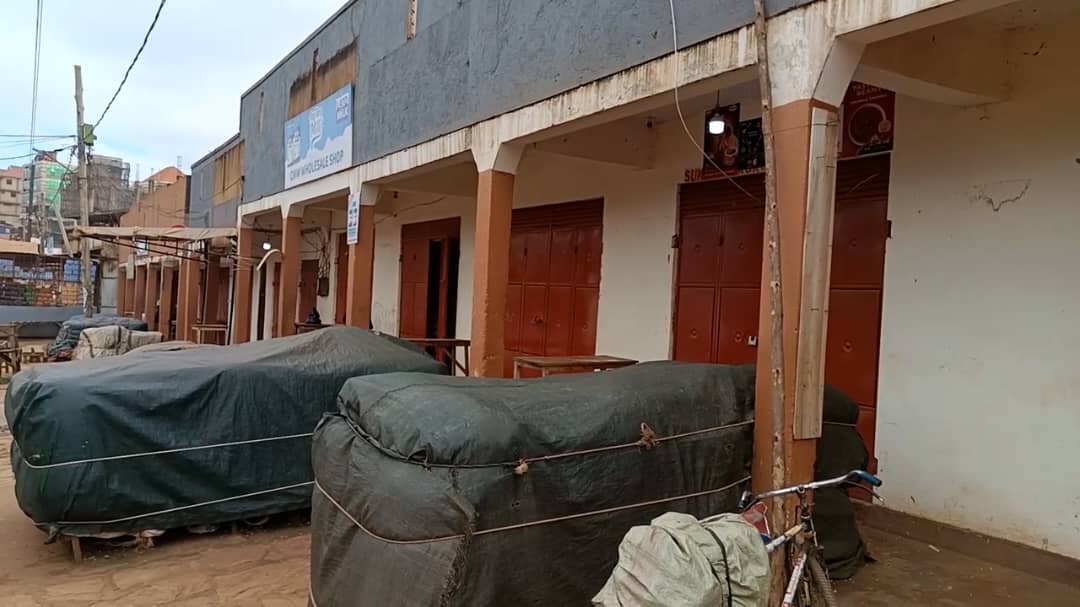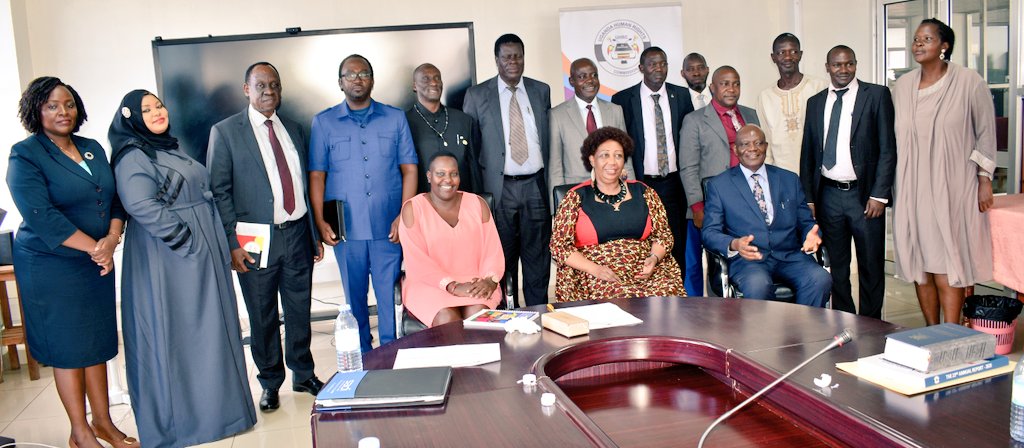Israel's Netanyahu arrives in Uganda to boost ties, meet regional leaders
Israel's Benjamin Netanyahu arrived in Uganda on Monday for a meeting with President Yoweri Museveni, on a trip to boost ties with the East African nation.
Netanyahu arrived to a rainswept Entebbe airport accompanied by his wife, Sara, before heading to meet Museveni.
Keep Reading
Netanyahu last visited Uganda in July 2016 to mark the 40th anniversary of a hostage rescue at Entebbe airport, in which his brother Yonatan died.
As he left Israel, Netanyahu said that he was "strengthening our relationship" with Uganda and that he hoped to "have very good news for the State of Israel" from the trip.
"I am now on another visit to Africa, this is my fifth visit in about three and a half years," Netanyahu told reporters.
"These are ties that are very important in the political, economic, security and other fields."
Netanyahu is also reportedly working to get the Ugandan government to commit to opening an embassy in Jerusalem. Currently, the African nation does not have an embassy in Israel.
In recent years, Israel has boosted its links with African nations, improving ties following a difficult period when many post-independence African leaders sided with Israel's Arab rivals and viewed Israel's support for apartheid, South Africa, with intense suspicion.
As Israeli expertise in military and agricultural technology has developed, the opportunity for trade with Africa has grown.
Israel currently has diplomatic relations with 39 out of 47 sub-Saharan African states.
In the past, Netanyahu has courted Uganda as a possible “third country” to which he could deport at least a portion of the tens of thousands of African migrants currently residing in Israel.
The plan according to The Times of Isreal fell apart in 2018 amid concerns by refugee activists that the migrants would be endangered if they were sent to Uganda.
Appearing to hint at the possibility that the measure was back on the table, Netanyahu said at a campaign event last month that his government was working to “remove two-thirds of the [of the migrants] soon.”
The presence of the primarily Sudanese and Eritrean migrants in Israel has become a divisive political issue. While the migrants say they are refugees fleeing conflict or persecution, Israel views them as job-seekers who threaten the Jewish character of the state. Israel’s earlier deportation policy, which offered each migrant $3,500 and a plane ticket to other African countries, had been condemned by Israeli activists and the United Nations as chaotic, poorly executed, and unsafe.
In December, the representative of the United Nations refugee agency in Israel urged Netanyahu to reconsider a UN proposal to resettle roughly half of the country’s African migrants.













